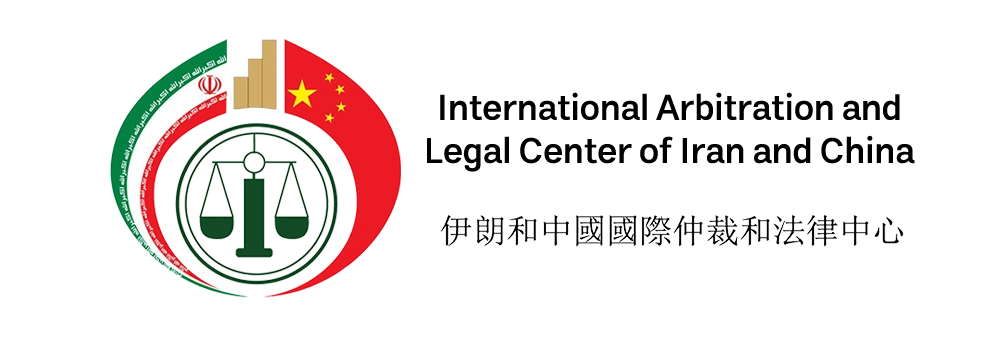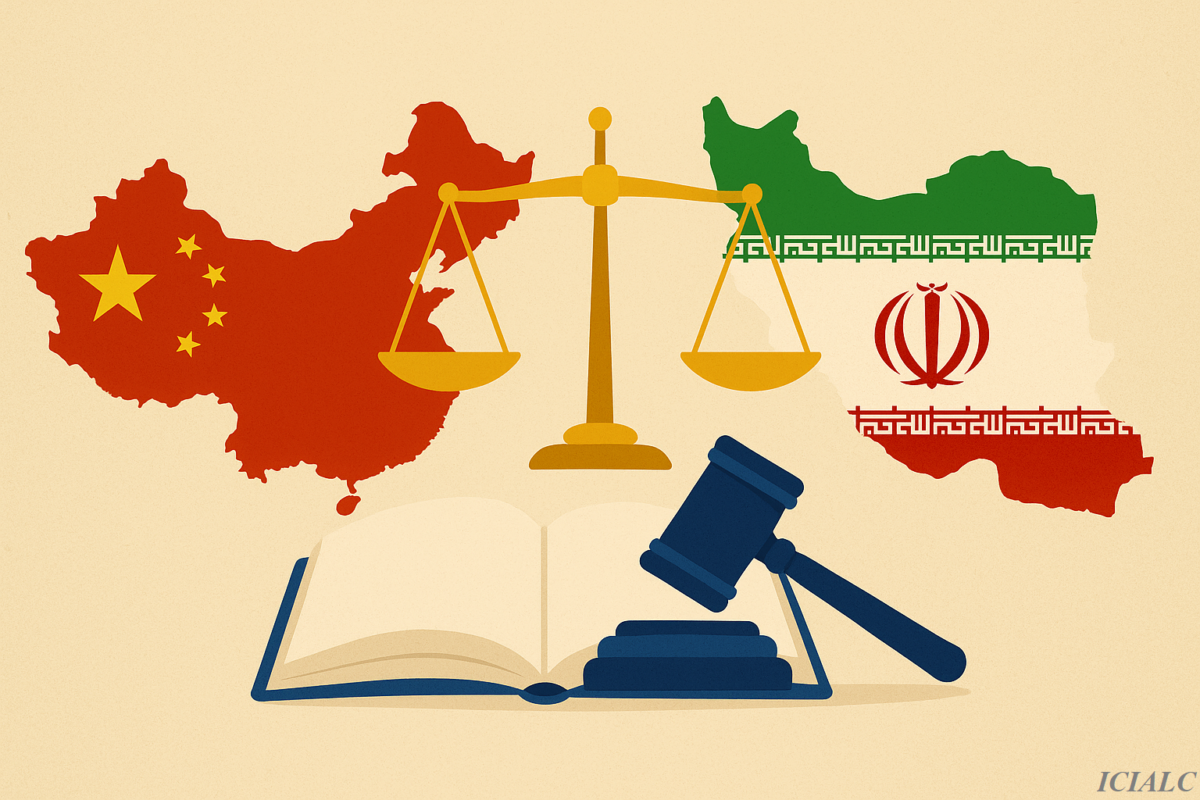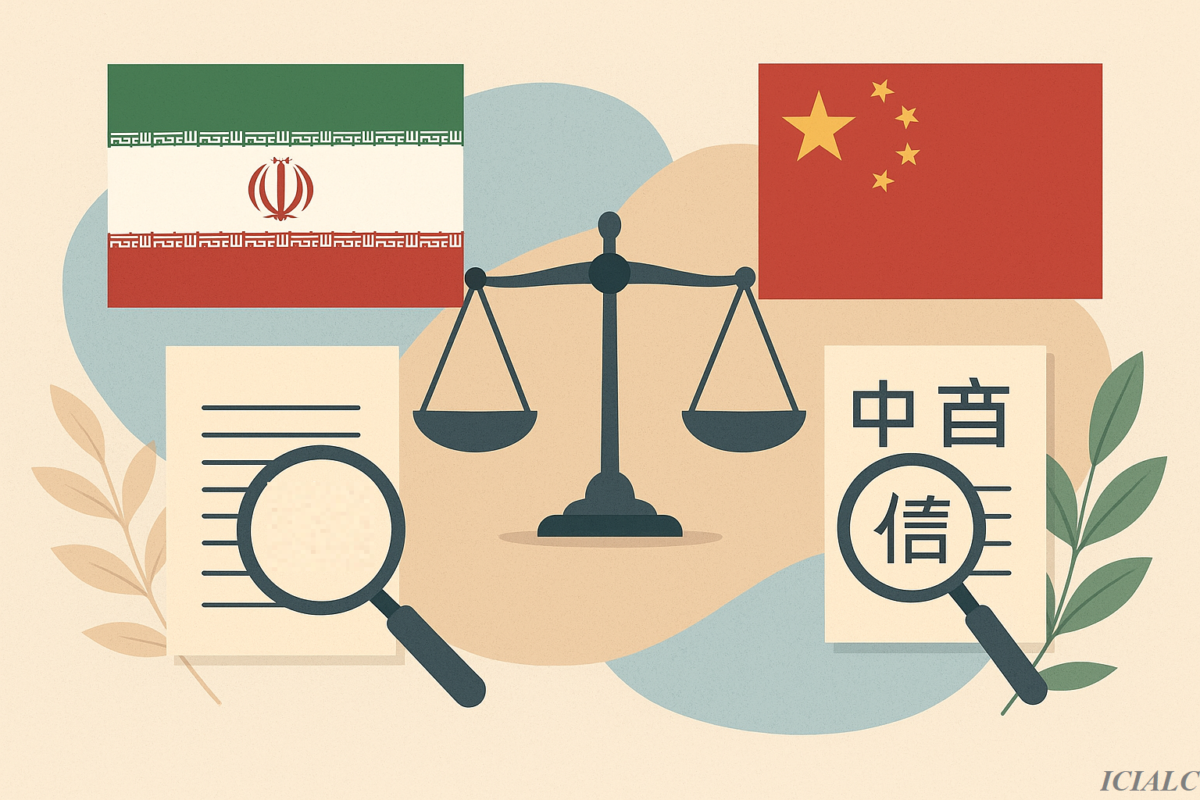Introduction
In recent years, commercial relations between Iran and China have witnessed significant growth, with China becoming one of Iran’s most important economic partners. A substantial portion of these exchanges occurs digitally and electronically, ranging from document and contract transmissions to international payments. Consequently, cybersecurity and data protection have emerged as critical challenges for Iranian traders collaborating with Chinese companies. This article examines the importance of cybersecurity, Chinese legal frameworks on data protection, prevailing challenges, and practical solutions to mitigate associated risks.
The Importance of Cybersecurity in International Trade

Cybersecurity refers generally to the protection of information systems, networks, and data from cyberattacks, unauthorized intrusions, data theft, and digital abuse. In today’s world, where almost all international trade transactions occur on digital platforms, the significance of cybersecurity is paramount.
In international trade, cybersecurity is not merely a technical tool but a legal and economic safeguard. Any security weakness can have profound consequences, including but not limited to:
– Financial transactions and online fund transfers: International banking, SWIFT, and digital payment platforms face threats such as phishing and hacking, where a cyberattack can lead to significant financial losses.
– Transfer of contracts and commercial documents: Digital documents containing valuable information on pricing, contractual terms, suppliers, and customers must be securely protected to avoid irreparable damages if accessed by competitors or hackers.
– Confidential company information: Including technologies, technical blueprints, product data, and customer information. Leaks can lead to economic losses as well as legal and criminal repercussions.
– Reputation and credibility: Trust is the most vital asset for companies in the international arena. A cybersecurity breach or data exposure can swiftly damage a brand’s reputation.
– For Iranian companies intending to collaborate with Chinese counterparts, cybersecurity considerations have two crucial aspects:
-Technical dimension: Given the predominance of online communications via email, communication software, and digital platforms, secure and reliable tools must be employed.
-Legal dimension: China enforces stringent laws on data protection and cybersecurity such as the Personal Information Protection Law (PIPL) and the Cybersecurity Law, making knowledge of and compliance with legal frameworks essential to avoid penalties, contract termination, or legal disputes.
In other words, cybersecurity in international trade is no longer an optional or ancillary feature but a strategic imperative. Companies neglecting this risk exposure not only jeopardize commercial transactions but also face lawsuits, legal sanctions, and international credibility loss.
Chinese Laws and Regulations on Data Protection

China has established one of the world’s strictest legal regimes over the past decade regarding cybersecurity and data protection, motivated both by national interest protection and control over global market information flows. These laws bind Chinese and foreign companies, including Iranian firms operating in China, making familiarity with applicable regulations a practical and legal necessity.
China Cybersecurity Law (2017)
This foundational law mandates:
– Storage of sensitive and personal data within Chinese borders (Data Localization).
– Governmental inspection and oversight of critical information infrastructure.
– Enforcement of security standards to protect networks and databases.
Financial penalties and suspension of activities for non-compliance.
Iranian companies operating on platforms or apps hosted in China must store Chinese client data on servers located within Chinese territory.
Personal Information Protection Law (PIPL – 2021)
Comparable to the EU’s GDPR, this law provides:
– Precise definitions of “personal information” and categories of sensitive data (financial, medical, biometric, etc.).
– Obligations to obtain explicit user consent before data collection and processing.
– Strict limitations on cross-border transfers of personal data.
– Rights granted to individuals to access, correct, or delete their data.
Iranian companies processing Chinese user data must fully comply, with violations potentially incurring multi-million yuan fines and activity bans.
Data Security Law (2021)
Complementing prior laws, it focuses on national and strategic sensitive data:
– Classifies data sensitivity levels (normal, important, critical).
– Restricts cross-border transfer of important data without authorities’ approval.
– Imposes heavy penalties on companies negligent in collection, storage, or transfer of sensitive data.
For Iranian firms involved in large projects (energy, infrastructure, transportation, technology), data may fall into “critical” categories where unauthorized export can lead to project suspension.
Security Challenges in Exchanges with Chinese Companies

While Iran-China economic cooperation offers vast opportunities for imports, exports, and joint projects, cybersecurity and data protection challenges exist and can jeopardize commercial success if mismanaged:
– Legal Disparities: Chinese data protection laws are far more stringent than Iran’s, potentially causing contractual and compliance conflicts.
– International Data Transfer Restrictions: New Chinese laws require special permits for cross-border personal or sensitive data transfers, posing obstacles for Iranian access to data.
– Fear of Commercial or Technical Data Theft: Leakage of proprietary technical or business information can unfairly advantage competitors or third parties, especially in technology and infrastructure sectors.
– Limited Awareness Among Iranian Companies: Lack of detailed knowledge about China’s legal and security obligations can lead to inadvertent violations and heavy penalties.
Practical Solutions for Iranian Companies

To address challenges and strengthen the security posture in trade with China, the following recommendations are advised:
– Incorporate data protection clauses explicitly in contracts specifying responsibilities, storage and transfer logistics, and indemnities for breaches.
– Employ secure, state-approved communication platforms and robust encryption methods to minimize cyberattack risks.
– Implement Information Security Management Systems (ISMS) like ISO/IEC 27001 to demonstrate internal security commitment and foster trust in Chinese counterparts.
– Provide ongoing cybersecurity training to employees to reduce human error risks, which constitute a major cause of security breaches.
Conclusion and Key Recommendations
In the complex landscape of global commerce, cybersecurity and data protection have become strategic requirements for corporate survival and growth. Iranian companies and traders cooperating with China must:
Acquire comprehensive knowledge of Chinese cybersecurity and data protection laws including the PIPL, Cybersecurity Law, and Data Security Law.
Embed clear data protection and cybersecurity provisions within contractual agreements.
Adopt both technical safeguards (encryption, secure software) and management protocols (ISMS) supplemented with employee education to substantially reduce risks.
The Iran-China International Arbitration and Legal Center stands ready to provide specialized counsel on cybersecurity, international contracts, and commercial dispute resolution, facilitating secure and sustainable cooperation for Iranian businesses alongside Chinese partners.












